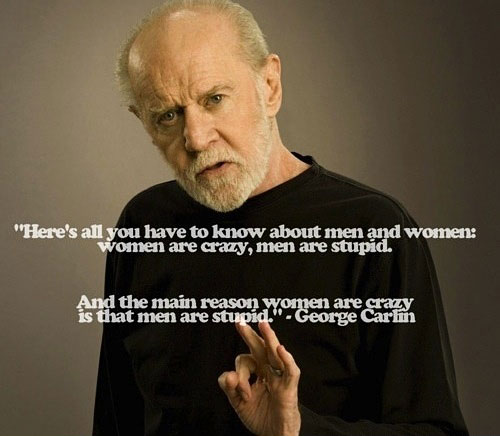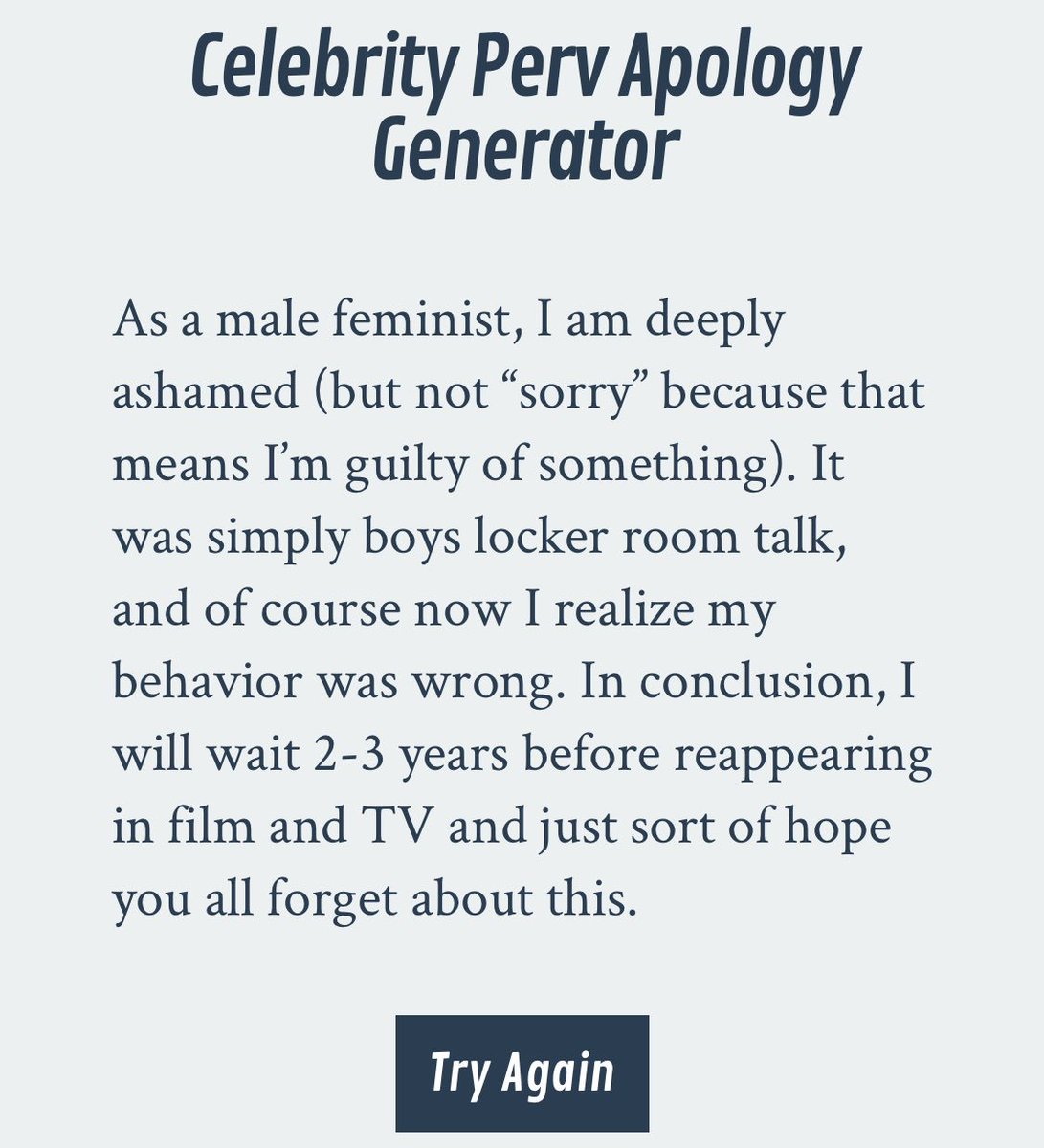Baho! by Roland Rugero is a novel that I have come to love by the end of this semester. I didn’t think to much about it at first but now, near the end, I find myself loving the story it had to tell and the sort-of hidden aspects you could take from it.
One such moment is the result of the war in Kanya costing the lives of Nyamuragi’s parents.According to Nyamuragi, ” From this state of affairs, he had deduced one thing: Man is all powerful. He is to be feared. And fear, at its root, is but an unspoken questioning.” (Baho! 20) which I found to be a profoundly powerful outtake from the novel. It focuses on the horrendousness of the war that happened and focussing that fear on people because people can be infinitely cruel. And in that cruelness, people can much more terrifying because of the unknown depth to their own cruelty.
Another moment is when the one-eyed lady reflects on the mystery of ejo. According to her musings, “Man and time are linked by the present, they have concluded! A day gone by, a day to come: a single name, ejo. Certainly, the future had its designation: kazoza, literally “what happened will come.” The past as well, akahise, “what has happened.” But the blunder had been committed. The consequences of which will follow.” (Baho! 29) which I find to be a somewhat profound musing. It can be interpreted that man and time are (obviously) linked and with that link man will always be connected to the present. Yes there is a future and yes there is a past, but people will always be facing consequences in their present no matter what will be done or what could have been done differently.
One other moment is when Nyamuragi’s uncle Jonathan was revealed to have been the mob leader so as to save Nyamuragi’s life at the cost of two things. He had to suggest, “… that the sentence be exemplary, that its execution be memorable, that the rapist be hung high and dry” (Baho! 81) and he did all that so that “…he granted Nyamuragi his life” (Baho! 90) which was effective at bruising and damaging his nephew but making sure that he lived. However the side effect of that cost meant that nothing would change in the area. In the novel, the woman were treated terribly and this event sort-of banded them together while also banding together the men who decided to punish Nyamuragi in the off chance that the woman start thinking that the other men should be punished and hoped to get in their good graces. While I doubt anything would have changed had Nyamuragi been killed, the ending still leaves that idea hanging about, with no certainty that the people will change only that the mute will live. And what I get from this is that even though there are events like this, atrocious crimes bringing people together while bringing out the ugliness in the same people, nothing will really change after the accused is dealt with. The people will still have to deal with this horridness, albeit at a more alert awareness for a brief period. Nothing has changed, only that the people have became more aware and will act the same until another incident like this repeats itself.

Cited Image Source


